2010 Archive (13 found)
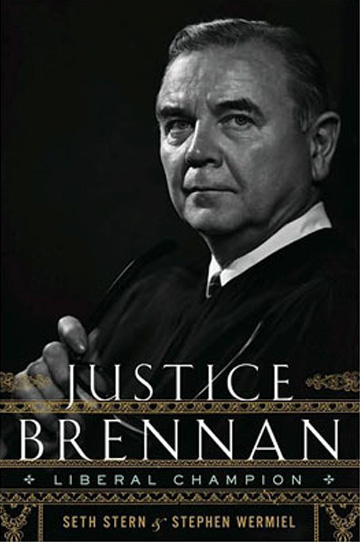 Without Artifice
Without Artifice
December 6, 2010 | The Nation
William Brennan, one of the great Supreme Court justices of the twentieth century, did not attract attention. A 1966 cover story on the Warren Court in the New York Times Magazine failed to mention him. He sat several rows behind President Johnson at Martin Luther King’s funeral, but his presence—unlike that of several of his …
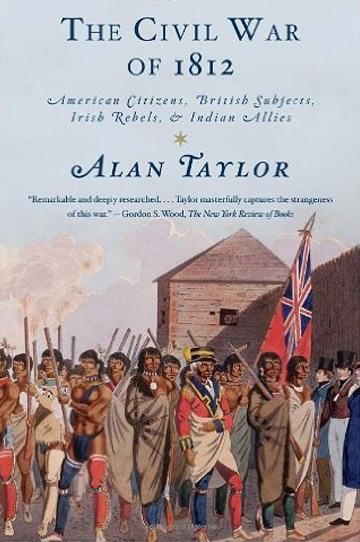 The Civil War of 1812
The Civil War of 1812
November 26, 2010 | The Barnes & Noble Review
The War of 1812 is an uncertain affair in American memory and legend. Its touchstones—the composition of “The Star-Spangled Banner” and the burning of Washington—tend to overshadow the roots and consequences of the three-year conflict. Historian Alan Taylor offers a corrective in The Civil War of 1812, arguing that the United States used the war …
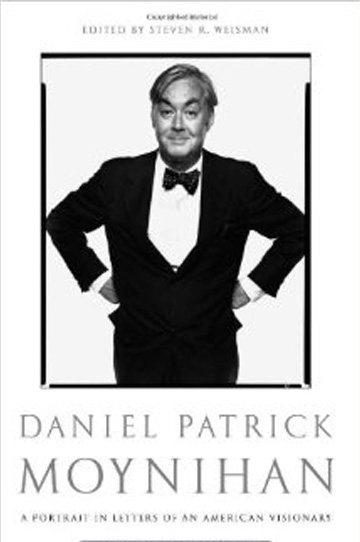 Moynihan’s Legacy: Great Writer, Lousy Senator
Moynihan’s Legacy: Great Writer, Lousy Senator
November 15, 2010 | Washington Monthly
Daniel Patrick Moynihan’s main interests were matters of domestic policy like face and poverty, yet his single best and single worst moments occurred at the United Nations, where he served as U.S. ambassador from 1975 to 1976. In October 1975, just before a UN committee passed the terrible resolution declaring that “Zionism is a form …
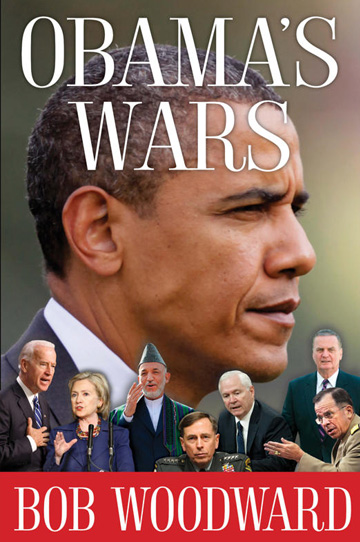 Obama’s War
Obama’s War
October 5, 2010 | Christian Science Monitor
Teachers of the world, relax: Bob Woodward is here to tell us about verbs. One of the main themes of his new page-turner, Obama’s Wars, is the unending battle among the mucky-mucks and Pentagon brass over the correct action verb to describe the United States’ mission in Afghanistan. Helpfully, for purposes of retention, it is …
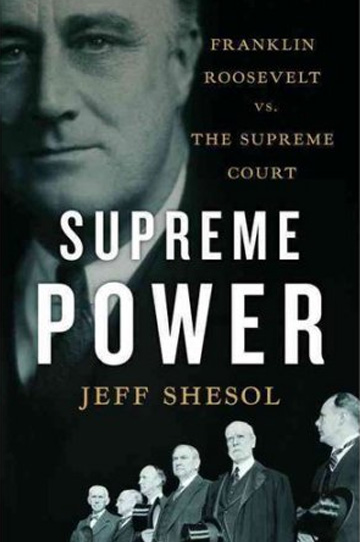 A Wedge Against Tyranny
A Wedge Against Tyranny
August 16, 2010 | The Nation
The uproar over Franklin Roosevelt’s Court-packing scheme of 1937 highlighted two perennial tensions in our public life: ends versus means and law versus politics. Roosevelt sought to curb an activist Supreme Court that had brazenly overturned nearly every progressive law that came its way. The National Industrial Recovery Act, the Agriculture Adjustment Act, pension laws, …
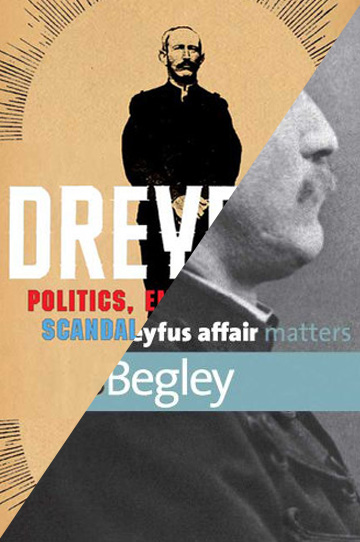 French Connection
French Connection
July 1, 2010 | Washington Monthly
The most remarkable moment of the Dreyfus affair, which noisily consumed France for over a decade at the turn of the twentieth century, occurred quietly in May 1895. Alfred Dreyfus, a Jew and a captain in the French army, had been wrongly convicted by court-martial of treason, largely on the strength of secret and forged …
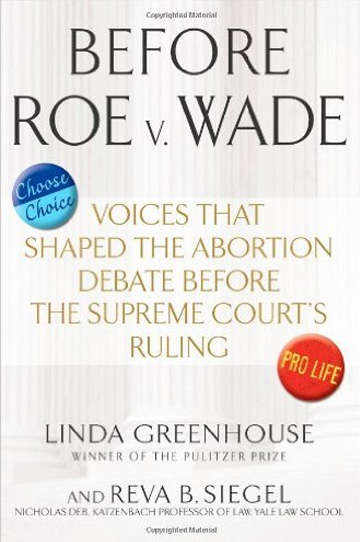 The Early Abortion Wars
The Early Abortion Wars
June 18, 2010 | Salon, The Barnes & Noble Review
Abortion partisans tend to date the onset of war to 1973, when the Supreme Court held that a Texas statute banning most abortions was unconstitutional. Before Roe v. Wade reminds us that the national debate over abortion was not only under way in 1973, but voices were already growing hoarse. Editors Linda Greenhouse, a journalist, …
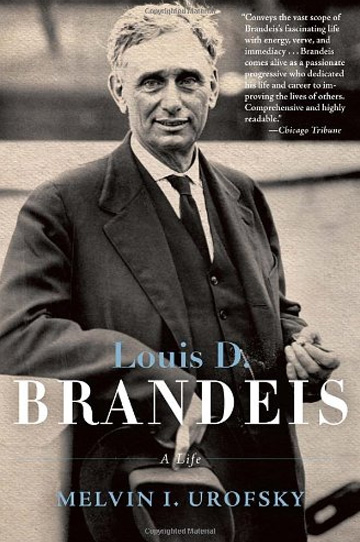 In With Both Feet
In With Both Feet
June 14, 2010 | The Nation
When the great attorney Louis Brandeis wrote a legal brief in a constitutional case, it was short on legal arguments and packed with so many facts that it required a sturdy binding. In 1908 the brief he submitted to the Supreme Court in Muller v. Oregon—he successfully defended that state’s ten-hour workday for women laborers against …
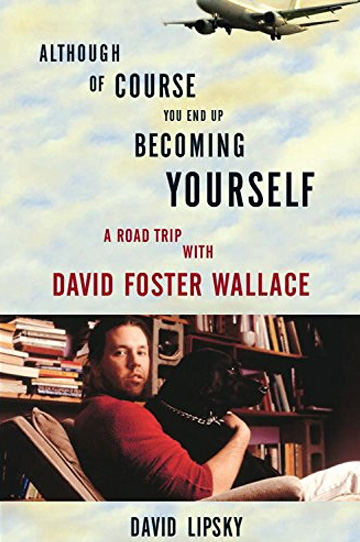 Infinite Regret
Infinite Regret
May 1, 2010 | Washington Monthly
One struggles to find a concise, representative anecdote about the late David Foster Wallace for an audience of politically minded readers. Wallace, who committed suicide in 2008 at age forty-six, was the most promising and accomplished writer of his generation. An athlete of prolixity, he published a celebrated novel of 1,100 pages called Infinite Jest, …
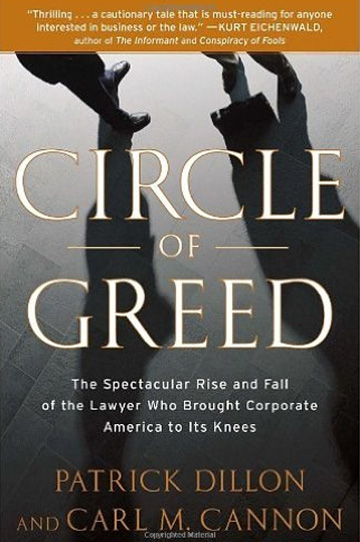 Classless Action
Classless Action
March 1, 2010 | Washington Monthly
People like to call Bill Lerach names. The disgraced plaintiff’s lawyer, who in March will complete his two-year prison sentence for participating in an illegal kickback scheme, has been called a shakedown artist, a carjacker, an economic terrorist, pond scum, even the Anti-christ. In 1995, then Congressman and future SEC Chairman Chris Cox contended that …
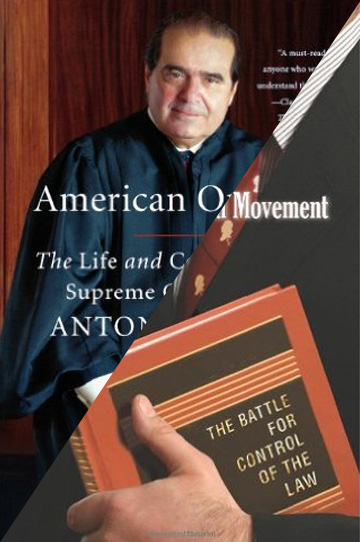 Scalia v. The World: On Antonin Scalia
Scalia v. The World: On Antonin Scalia
February 22, 2010 | The Nation
The dean of the modern conservative legal movement, Justice Antonin Scalia, is neither an intellectual nor a primitive. He is both. Scalia has fused the cerebral and the atavistic strains of conservatism in a manner that leaves one wondering if they were ever distinct at all. For decades Scalia has beguiled conservative law students with …
 Unhappy Meals
Unhappy Meals
February 1, 2010 | Washington Monthly
In his brilliant and distressing essay on the cruelties of English boarding school life in the 1910s, “Such, Such Were the Joys,” George Orwell devoted a few lines to the prevailing attitudes toward feeding children. A boy’s appetite was seen as “a sort of morbid growth which should be kept in check as much as …
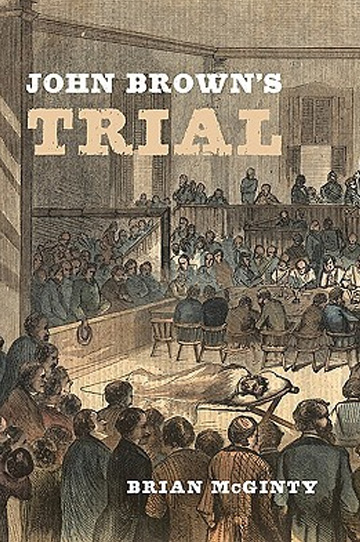 John Brown’s Trial
John Brown’s Trial
January 16, 2010 | The Barnes & Noble Review
Eight days after the militant abolitionist John Brown was arrested while raiding the federal armory at Harpers Ferry in 1859, he stood trial for treason and murder in a Virginia court. Brian McGinty persuasively contends that Brown’s trial was even more consequential than the raid itself — for had he died during the fighting, he …